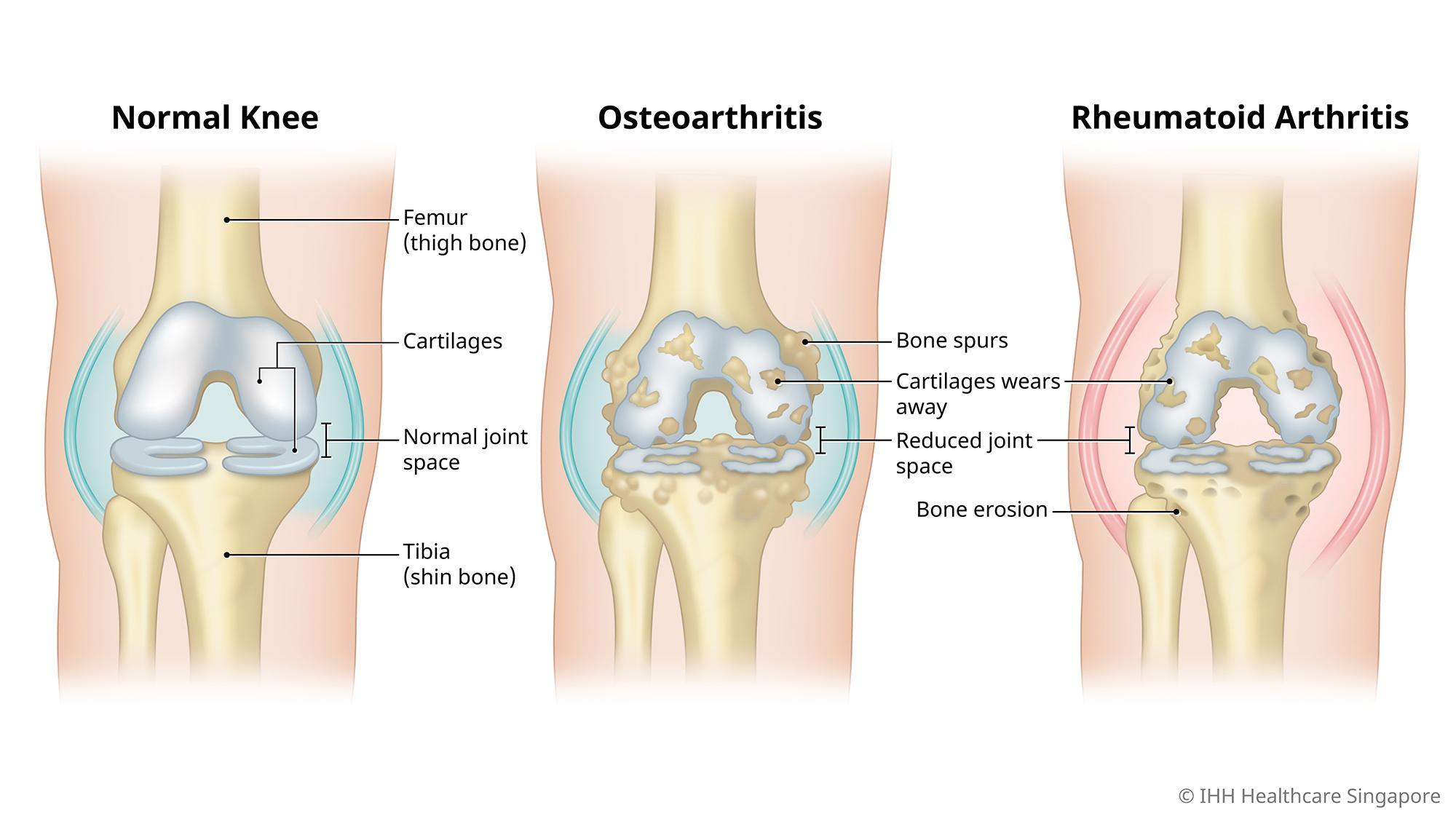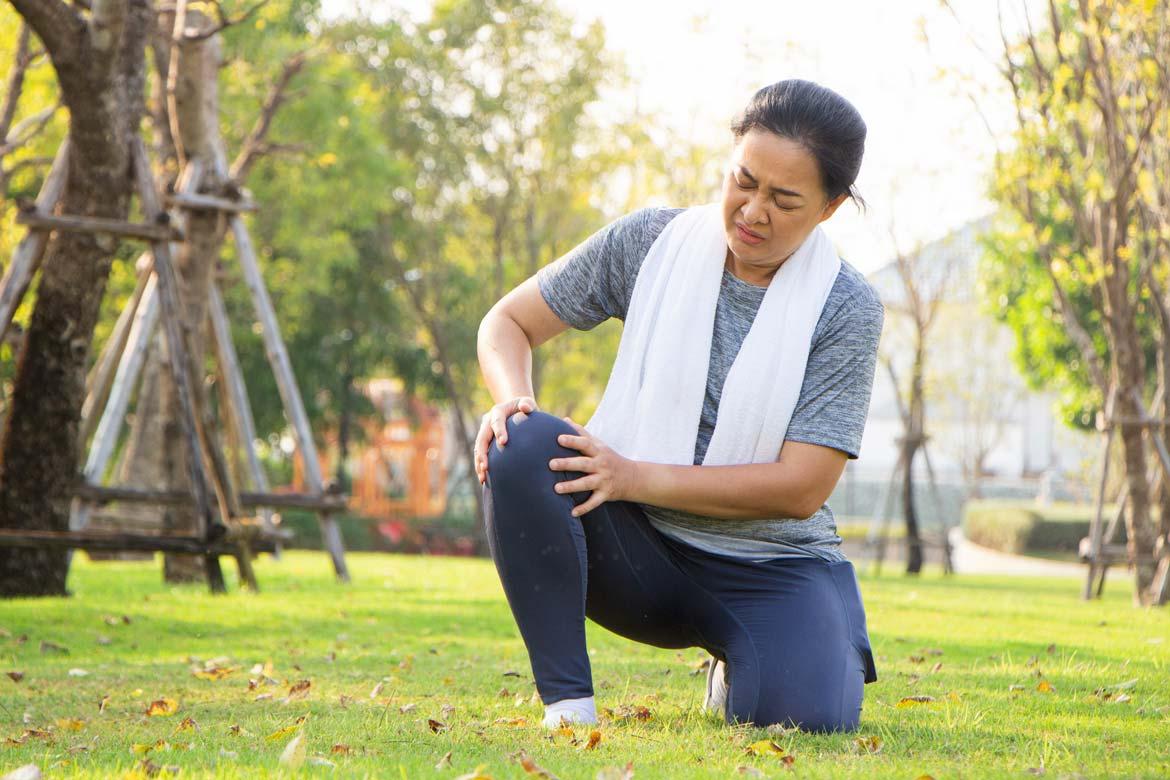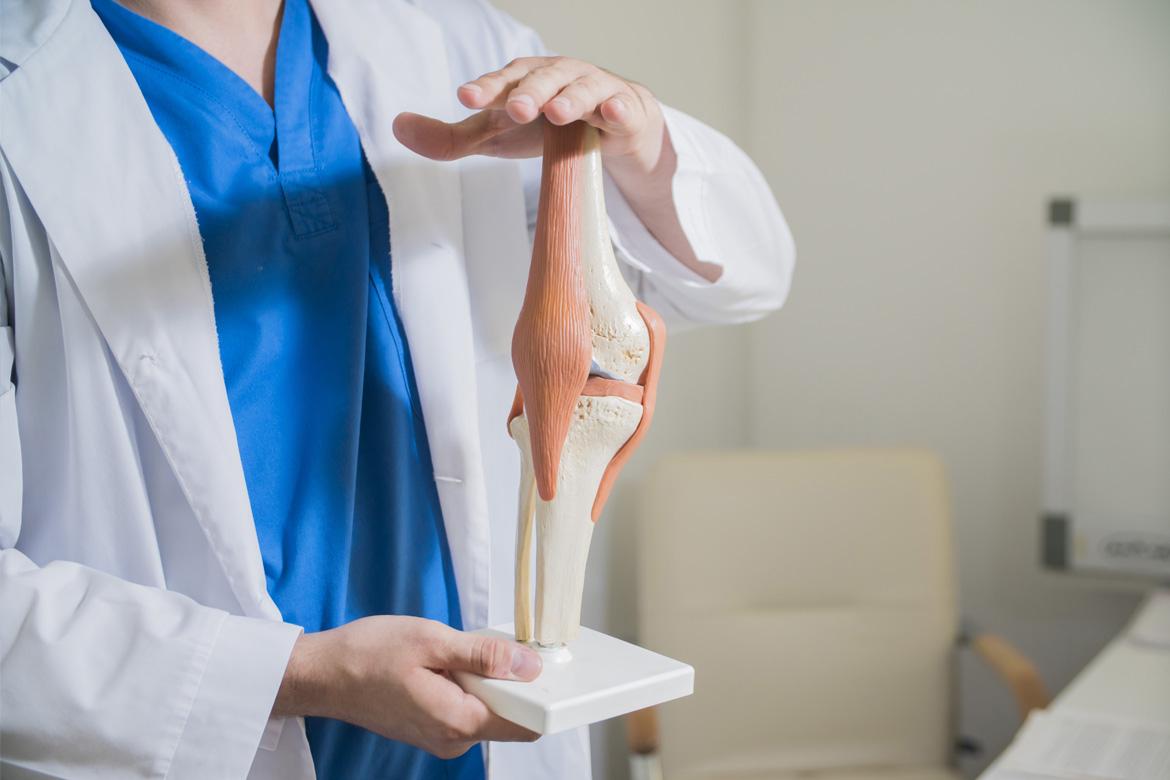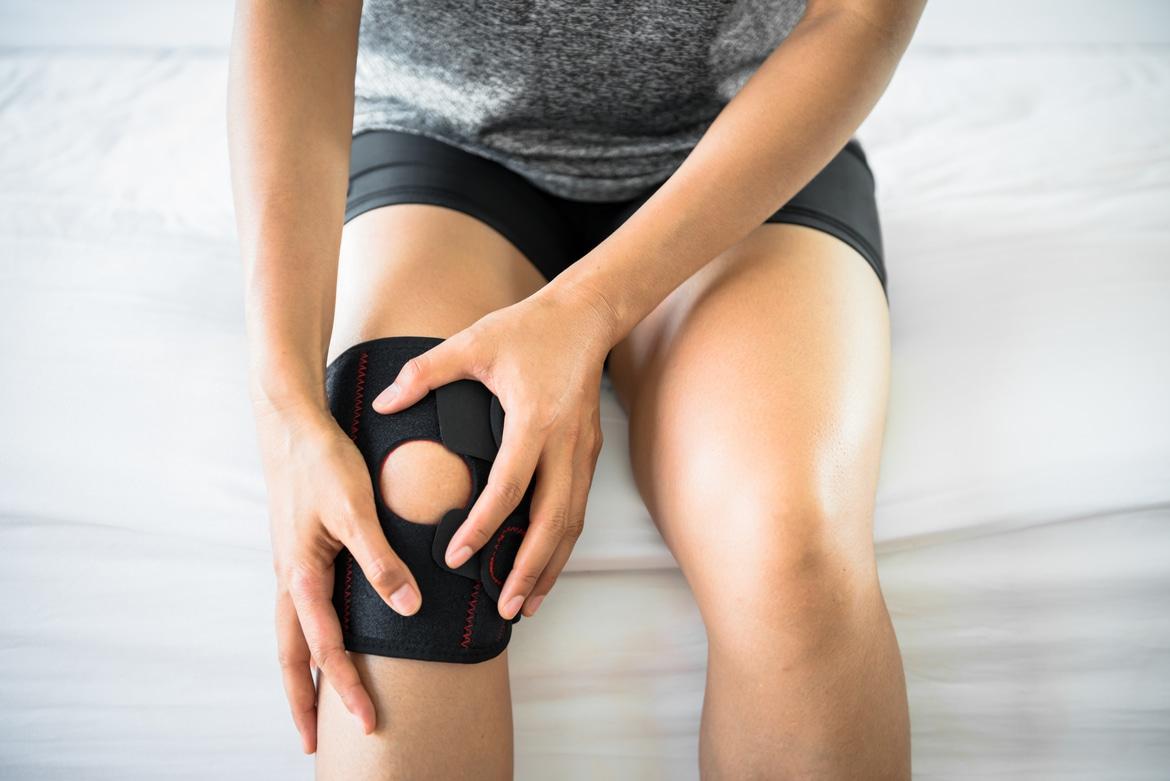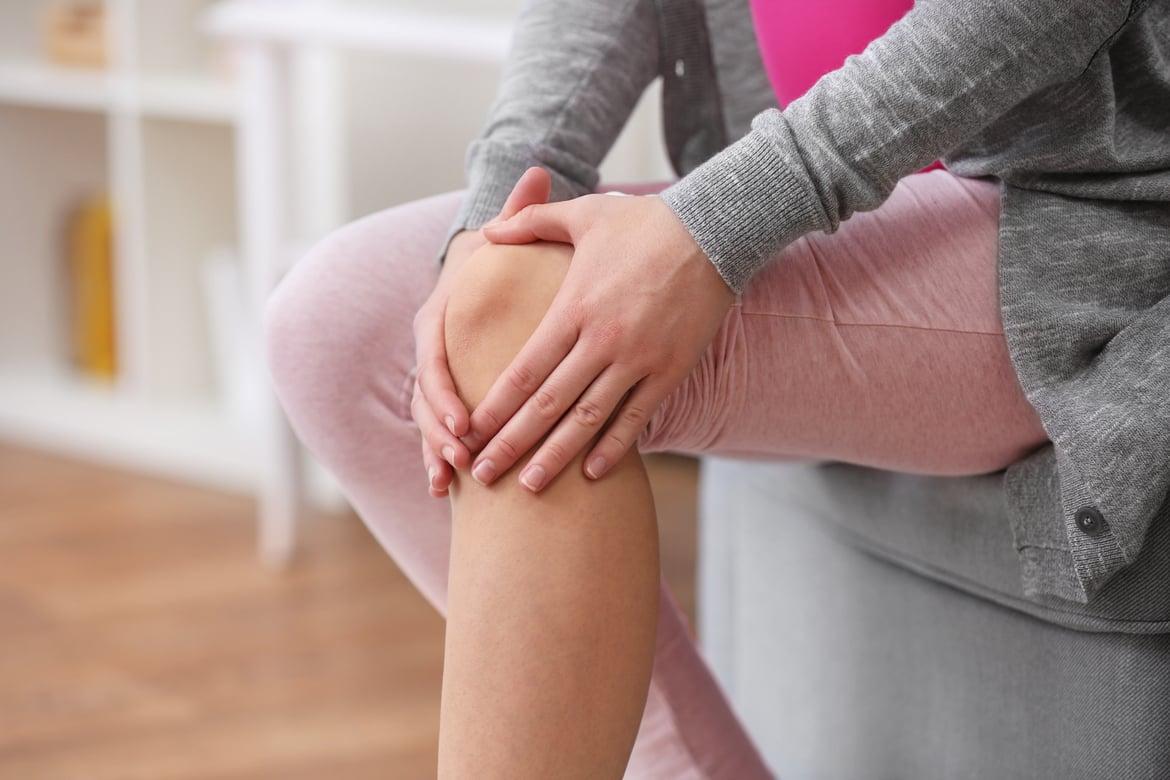Knee Arthritis
What is knee arthritis?
Knee arthritis is caused by thinning of the cartilage of the knee joint, usually due to injury or ‘wear and tear’ over time.
While there are many kinds of arthritis, the main types affecting the knee are:
- Osteoarthritis. This is the most common and occurs with age. It is a degenerative condition which causes the joint cartilage to wear down.
- Rheumatoid arthritis. This is an autoimmune disease characterised by inflammation. It can affect the joints as well as other parts of the body.
- Post-trauma arthritis. This refers to arthritis that develops after a knee injury such as a torn meniscus, ligament injury or fracture.
What are the symptoms of knee arthritis?
The most common symptom of knee arthritis is knee pain. In most cases it develops gradually over time, although it can also appear suddenly.
Other symptoms include:
- Feeling of weakness or the knee giving way and being unable to support weight, sometimes referred to as ‘joint instability’
- Sensation of the knee joint ‘locking’ or ‘sticking’ during movement, sometimes accompanied by a cracking or grinding sound known as crepitus
- Stiffness or swelling that makes it difficult to bend or straighten the knee
- Worsening of pain or swelling after a period of inactivity, such as after sitting and resting, or when waking in the morning
- Worsening of pain after being physically active
What causes knee arthritis?
The causes of knee arthritis include:
- Ageing
- Being overweight
- Previous knee injury
- Prolonged wear and tear of knee joints from high-impact activities
- Tight lower limb muscles
- Weak lower limb muscles
What are the risk factors for knee arthritis?
There are many risk factors for knee arthritis. Some of them can be managed with changes to your lifestyle to prevent the symptoms from getting worse.
Risk factors you can change:
- Overweight/obesity. Being overweight or obese places additional stress on the knee joints.
- High impact activities, repetitive actions or overuse of the knee joint. These contribute to excessive wear and tear of the joint.
- Smoking.
Risk factors which cannot be modified include:
- Age. Ageing increases the risk of developing arthritis.
- Gender. Some types of arthritis are more common in women.
- Genetics. Genetics or family history increases your likelihood of developing arthritis.
- Past injuries. Past knee injury may have lasting impact on the knee joint.
What are the complications and related diseases of knee arthritis?
Complications of knee arthritis depends on the type of arthritis that is causing the pain.
- In knee osteoarthritis, the degenerative nature of the disease means it is likely the pain and condition of the joint will worsen.
- In septic arthritis, which is caused by infection in the knee joint, swelling, pain and redness can cause extensive damage to the knee cartilage.
How do you prevent knee arthritis?
To reduce your risk of developing knee arthritis, you can:
- Lose weight. This will greatly reduce the stresses on the load bearing joints such as the knee and hip.
- Stay active. It is a myth that patients with osteoarthritis should not exercise. In fact, leading a sedentary lifestyle can lead to joint stiffness and muscle weakness which in turn can amplify the detrimental effects of osteoarthritis.
- Take joint supplements. There are a variety of food supplements including but not limited to glucosamine sulphate, collagen hydrosylate, Boswellia, ginger, turmeric and unsaponifiables of soybean and avocado (ASU). You should discuss with your doctor about which of these might be suitable for you.
